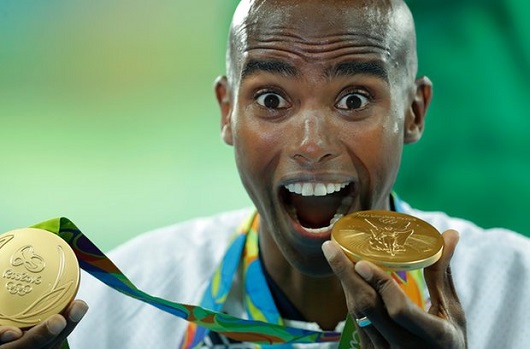The Olympics are good for your health

After stunning British success at the Olympics there has been much speculation that this will increase sporting participation and hence improve the nation’s health.
However recent research by an international team, coordinated by Professor Stephen Reicher of the University of St Andrews, suggests another way in which the Olympics could be good for our well-being.
The research was conducted in Australia and New Zealand before and after the World Rugby Cup final between those countries in 2015. It showed that the quality of interactions between New Zealanders, even strangers, improved following their victory.
This led to a stronger sense of community which in turn improved ratings of both physical and mental health.
Professor Reicher explained: “After a tremendous success – like winning the world cup or, perhaps, doing so well in the Olympics – there is a sense that you can go up to anybody in your community, even a complete stranger, say ‘wasn’t that wonderful’ and they will not only understand you but agree with you.
“This brings people together, creates a sense of community, and makes us believe that others are there for us. This belief gives us a sense of security and of efficacy, which is at the root of improved well-being.”

Professor Reicher added that a range of new research demonstrates this link between a sense of shared community identity and well-being, whether it is a matter of pilgrims attending a religious festival in India, of workers in highly stressful occupations (like bomb-disposal experts) or of people in old people’s homes.
“The simple but powerful message is that community is good for us, and so anything which builds a sense of community, like the Olympics, improves our well-being,” he said.
But will the glow from Rio last?
“In the short term, the Olympics drowns everything else out and so has a major effect on our sense of belonging together. In the longer term many other factors will affect whether we believe we are ‘in it together’.
“The Olympics will remain an example and a metaphor of what can be achieved when there is dedicated teamwork, when there is adequate funding and when it is truly distributed according to need.”
Notes to news editors
Stephen Reicher is Professor of Psychology at the University of St Andrews, a Fellow of the British Academy and a Fellow of the Royal Society of Edinburgh.
Issued by the University of St Andrews Communications Office, contactable on 01334 467310 or [email protected].
Category Sport